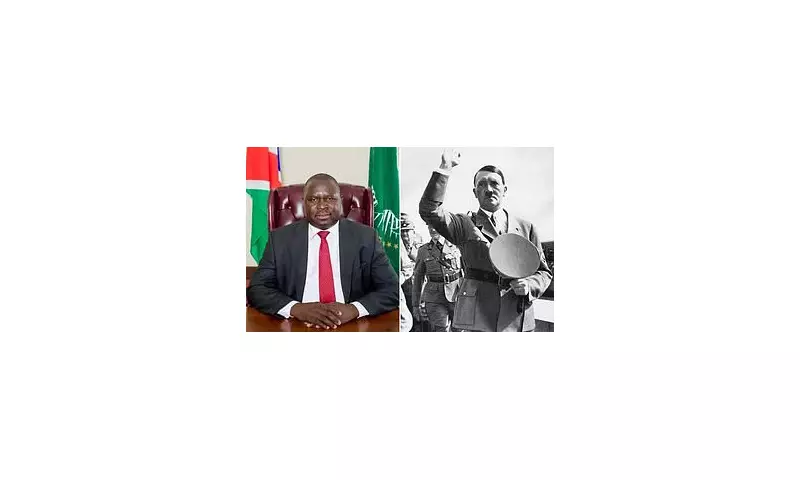
A Namibian politician bearing one of history's most notorious names has secured his fifth term in office, but has announced he's officially changing his name to distance himself from the unwanted attention.
Election Victory Amid Name Controversy
Adolf Hitler Uunona, 59, has been re-elected as district administrator for the Ompundja region in Namibia with another overwhelming majority. The politician first gained international attention during the 2020 local elections when he won by a landslide, and has now maintained his position with similar support from voters.
Mr Uunona explained the unusual name originates from his father. "My father named me after this man," he stated. "He probably didn't understand what Adolf Hitler stood for." The politician described how as a child he saw it as "a totally normal name" and only later understood the historical significance.
Living With a Controversial Name
In his personal life, Mr Uunona revealed that his wife calls him Adolf, and he typically goes by Adolf Uunona rather than using his full name. During the election process, his name appeared abbreviated as 'Adolf H' in the official list of candidates published in a government gazette.
The politician was keen to address concerns about his name's implications. "The fact I have this name does not mean I want to conquer Oshana," he said, referring to the region where he won his 2020 election. "It doesn't mean I'm striving for world domination."
Name Change and Historical Context
Following his latest election victory, Mr Uunona has taken the significant step of officially changing his name. "My name is not Adolf Hitler, I am Adolf Uunona," he declared. "I have seen in the past people calling me Adolf Hitler and trying to associate me with someone I do not even know."
The presence of German names in Namibia stems from the country's colonial history. Previously known as German South West Africa, Namibia was a German colony from 1884 until Germany lost its possessions after the First World War. The country still maintains a small German-speaking community, and many residents retain German names.
This colonial period included what has been labelled as the first genocide of the 20th century, when German soldiers killed tens of thousands of indigenous Herero and Nama people between 1904 and 1908. The German occupiers had forced native tribespeople from their land and recruited them for forced labour, leading to an uprising.
Germany's response was brutal, with reinforcements sent to carry out a four-year campaign of slaughter that resulted in approximately 65,000 Herero and 10,000 Nama people killed. Many more died from thirst and starvation after being driven into the desert, while survivors were sent to prison camps.
Germany has recently begun acknowledging this dark chapter, including handing over skulls and other remains of massacred tribespeople that were used for experiments promoting racial superiority theories.
Namibia was later administered by South Africa under the League of Nations and finally achieved independence from the apartheid state in 1990. Mr Uunona's political career, which began in 2004, continues in this complex historical context as he seeks to serve his constituency under a new, less controversial name.





